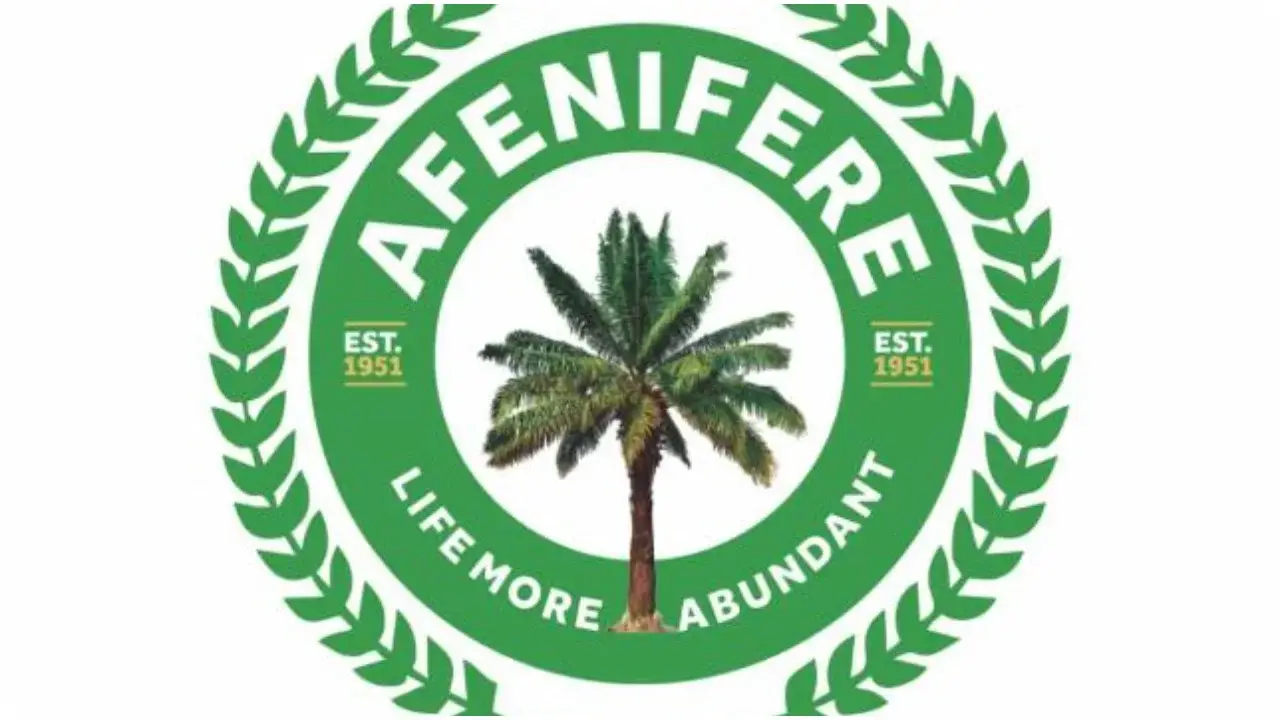
Israel’s large-scale operation in the north is continuing, OCHA said in a daily news update, which accounts for 27 of the deaths “where lethal war-like tactics” have been deployed, according to humanitarians, including 10 killed by airstrikes.
“Four members of the Israeli forces have been killed in the same period by Palestinians in Hebron and Jenin governorates”, OCHA reported.
UN humanitarians called on Israeli forces to “adhere to international law enforcement standards, where lethal force and firearms are a last resort used only against imminent threats of death or serious injury.”
OCHA also reiterated that humanitarian access must always be facilitated.
Since 7 October, Israeli forces have intensified movement restrictions in the Israeli-controlled area of Hebron city, disrupting access to livelihoods and services for thousands of Palestinians, OCHA added.
“These restrictions are further aggravating the already difficult living conditions there.”
Syria health crisis
OCHA also alerted on Wednesday that half of all health facilities in northwest Syria – the final redoubt of opposition forces – are at risk of closure by the end of the year.
Services are being scaled back due to underfunding, with this year’s appeal only receiving about 26 per cent of the $4.1 billion needed to help nearly 11 million people in need of assistance across the country.
Venezuela: Rights experts voice grave concern over alleged violations surrounding presidential vote
A group of independent human rights experts on Wednesday expressed grave concern over allegations of serious human rights violations related to Venezuela’s 28 July presidential election.
In a statement, more than 20 special rapporteurs and rights monitors noted that groups appointed to monitor the controversial poll, including electoral observers invited by the Government, “reported a lack of transparency and veracity.”
“We found a high degree of defencelessness among citizens, human rights defenders, persons involved in social and community work, journalists, and all persons perceived as opposition”, the UN Human Rights Council-appointed experts said.
“Information received indicates that this situation arises within a context characterised by the arbitrary use of the criminal justice system by the Attorney General’s Office against these groups, the criminalization of human rights advocacy, rampant corruption, impunity, and the lack of an independent judiciary capable of investigating serious human rights violations”.
Long list of violations
They noted that before, during and after July’s vote, a spate of violations was recorded including arbitrary detentions, excessive use of force against demonstrators, unlawful killings, enforced disappearances, harassment, unlawful dismissals, persecution and prosecution of political opponents.
Many citizens “mobilized peacefully to express their dissatisfaction with electoral irregularities”, the press release continued.
Experts have received reports of more than 1,300 arbitrary detentions, including of children, adolescents, elderly, people with disabilities, Indigenous Peoples, women, and LGBTIQ+ persons, and also of enforced disappearances.
At least 21 have died, reportedly due to gunfire allegedly by non-state actors, supported by the security forces.
“There is evidence of a systematic pattern of human rights violations, which neglects the full enjoyment of fundamental rights and increases the risk to life for anyone who is critical of the Government,” the experts said.
Over the past five years the experts have sent at least 22 letters to the Government, showing a general context of systematic and serious human rights violations. Most have received no response, they said.
Special Rapporteurs serve in their individual capacity, independent of the UN system or any national government. They are not UN employees and do not receive a salary.
Public debt bubble balloons to historic $97 trillion
Global public debt has nearly doubled since 2010, reaching a historic $97 trillion in 2023, according to new data from UN trade and development body, UNCTAD.
Rising interest rates are further straining government budgets, especially in developing countries.
Today, over 3.3 billion people live in countries that spend more on debt interest payments than on education or healthcare, highlighting the critical need for accurate and timely debt data.
UNCTAD’s A World of Debt Dashboard, developed in collaboration with the UN Regional Economic Commissions, offers policymakers, researchers, journalists and the public, accessible data to help navigate the complexities of global, regional and national debt.
The dashboard covers 18 key indicators across 188 countries, allowing users to assess current debt situations, compare them with others worldwide, and observe changes over time.
Intuitive filters and interactive graphs make it easy to customize searches and explore specific areas of interest, UNCTAD said.






